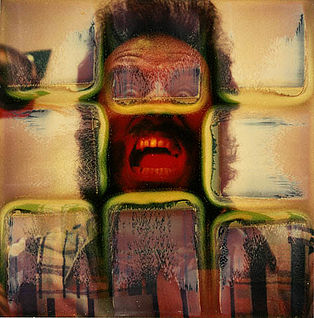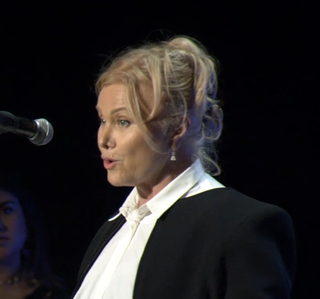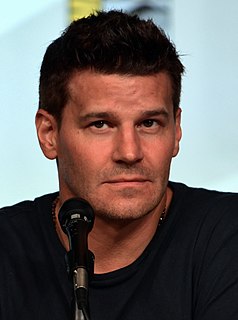A Quote by Ellen Stofan
As chief scientist, it's sort of my job to look at bridges between what we do and to see the connections. But when we try to understand how are planets around other stars habitable... to looking back at the Earth - how are the changes that are taking place, how are they going to affect humanity?
Related Quotes
What you aren't ready for being the first time in space - on an emotional and intellectual level - is how looking down at Earth will profoundly affect you. Over the long term, it has changed the way I think about planet Earth. When you go around the planet and look down, you think about the fact that this is the cradle of humanity, that this is a place where seven billion people, 200 countries, live side by side, that we share this place and there's nowhere else to go.
Scientists normally like to do experiments. You know, they like to mix this with that and see what happens. They like to take this thing and poke it and see how it reacts. In astronomy, we can't do that. The stars, the planets, the galaxies, are so far away that we just look at them, and we have to learn things by looking at them.
If we're thinking about old civilizations, those that formed a long time ago and there were stars and planets around long before Earth even existed, then these are going to be towards the center of the galaxy. That is the place to look if you think there are ancient civilizations that have made beacons or some other way of attracting our attention.
I'm looking back at what I did and how it works. In a sense I'm waiting to see how people will respond. I'm waiting to see how you respond, without asking me to tell you what I think about it, because it is your job to give me an idea of how you go about thinking about this work. And if it's too absurd then, you know, I'll kick you out!
Self belief is just one of the reasons we're younger and looking better today. We're also better educated. We know more about the environment and how it impacts on us, we understand more about nutrition and diet, and how it can affect our health too. We're also aware that what we think can affect us and so we try to think positively.
Always look up! Every time I step out-side, that's the first thing I do. Ask your-self, "what star is that?", grab a star chart and try to figure it out. That is basically how I started. Learn your planets and learn how to distinguish them from the stars. Study star charts even during the day and that night, go and see if you can find them. You may surprise yourself!
As an actor playing a character, you look for all of those avenues to see if there's any sense of vulnerability or love that you can bring to a character, and decide how that's portrayed and how that's going to be a struggle with the other characters. It's your job to take that on and challenge yourself, and meet that head on and see what happens with it.



































